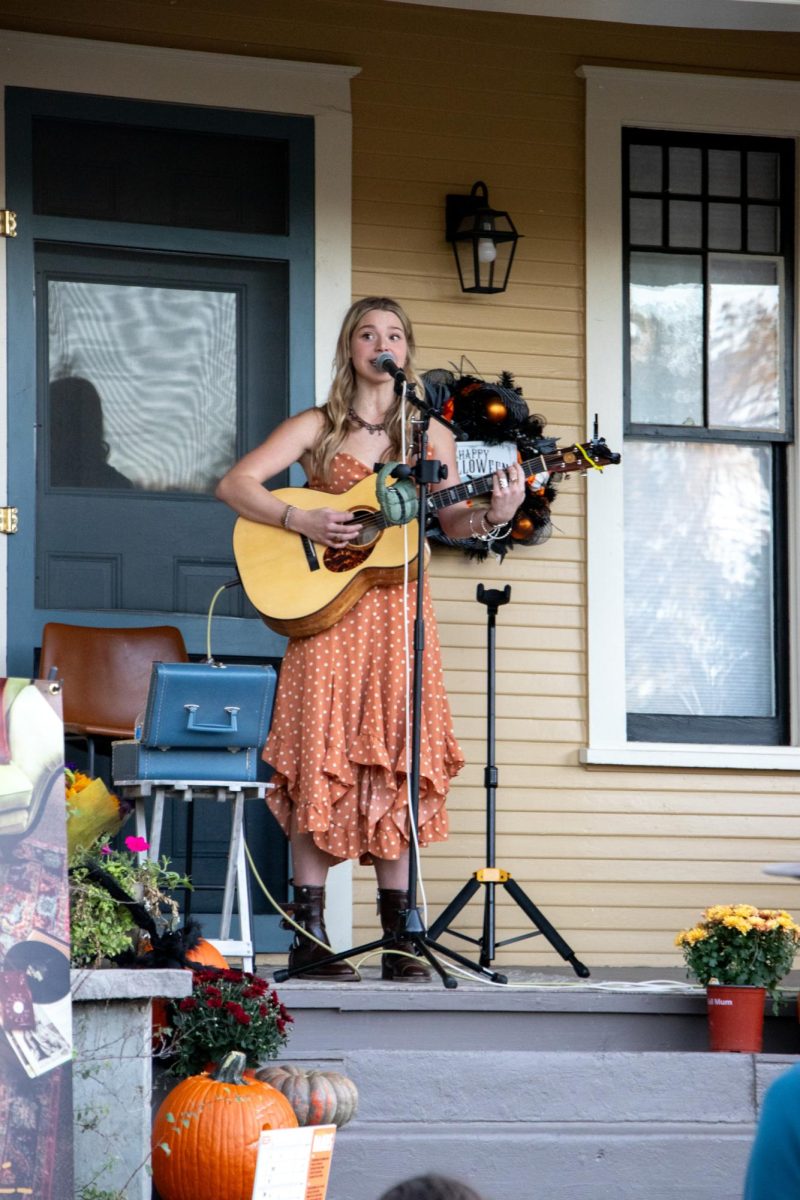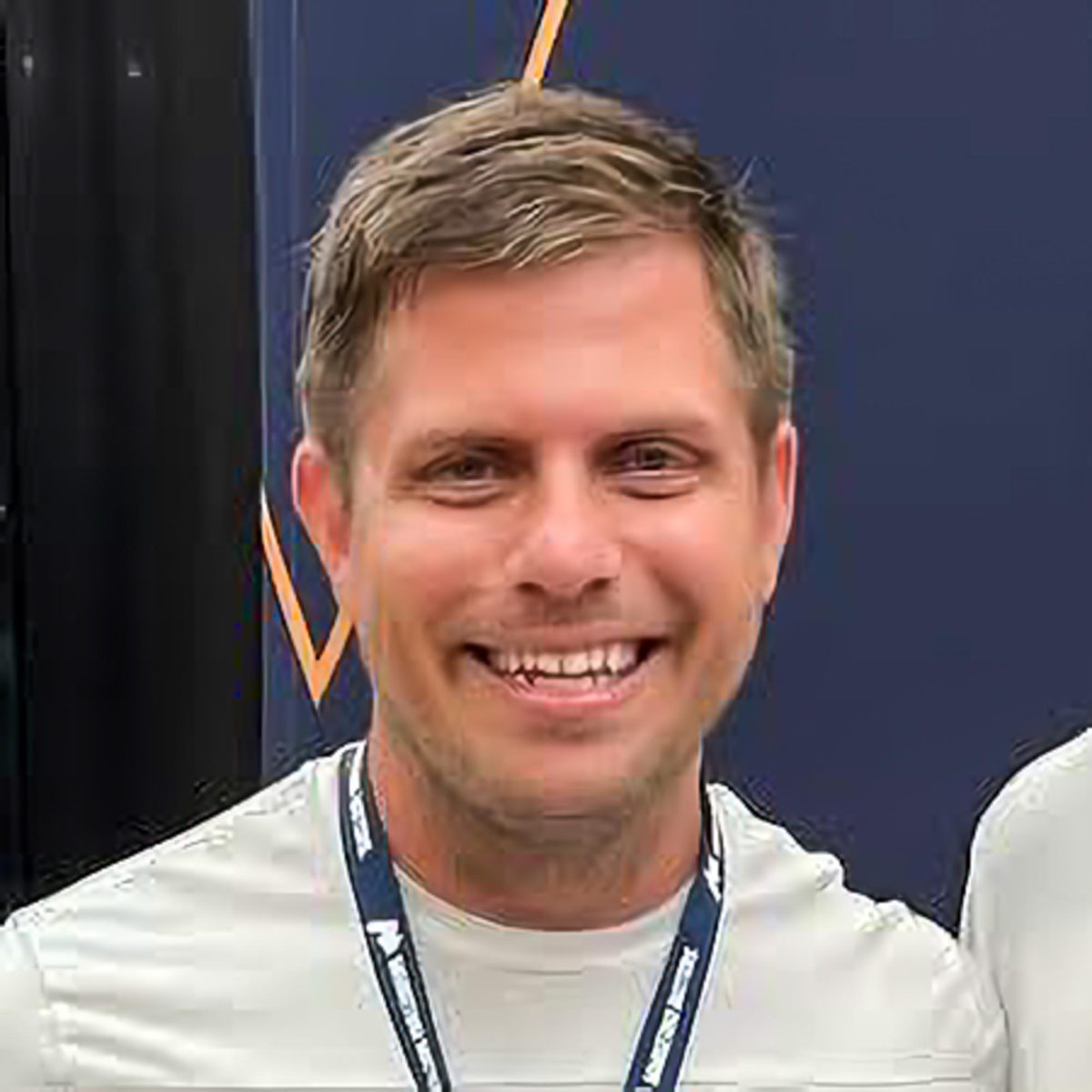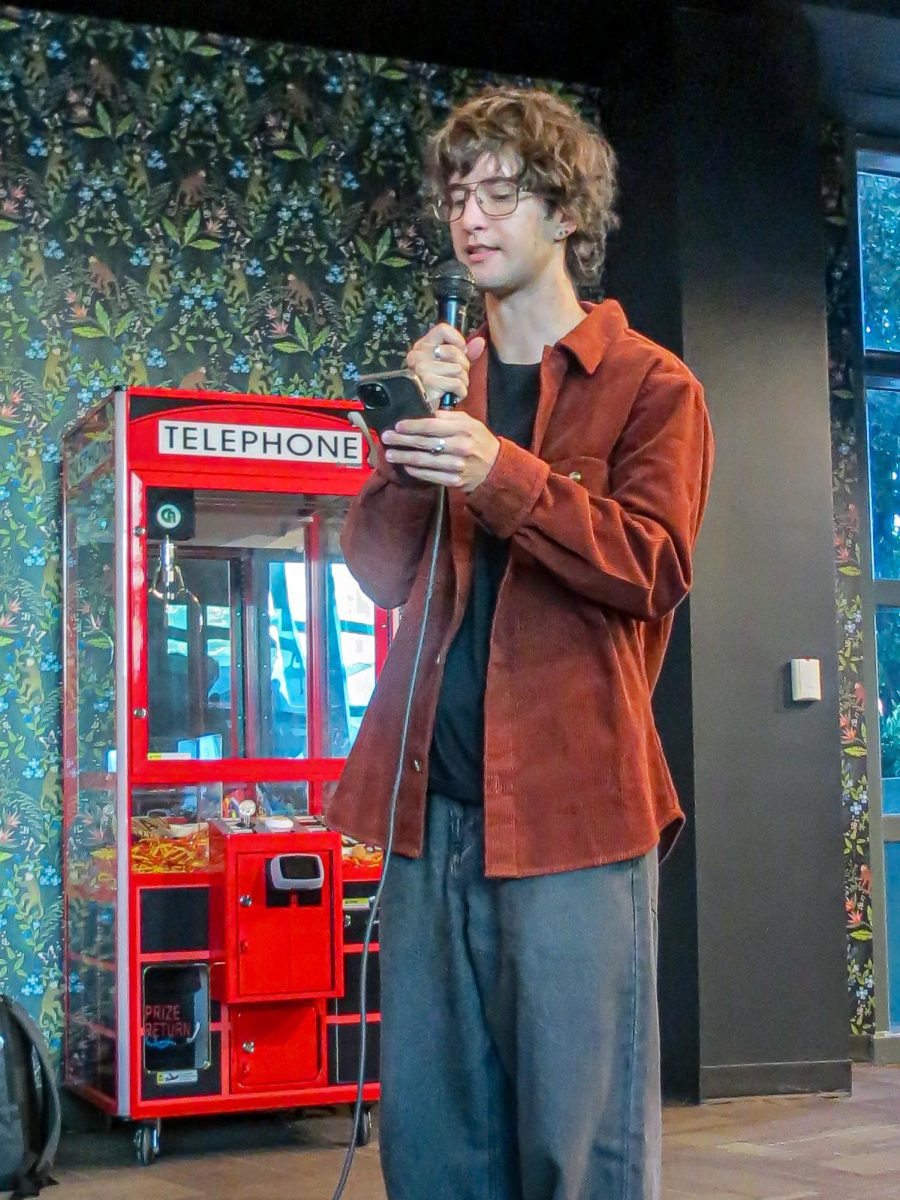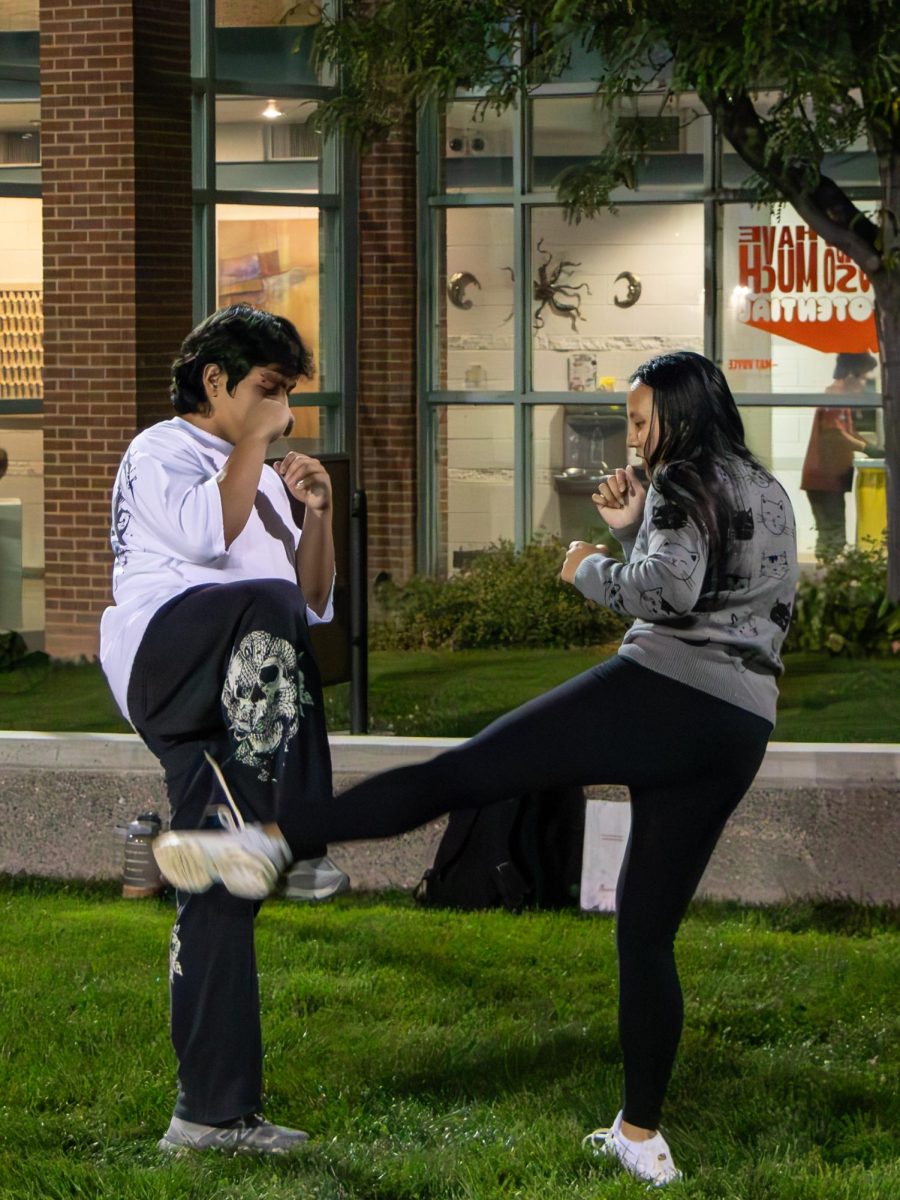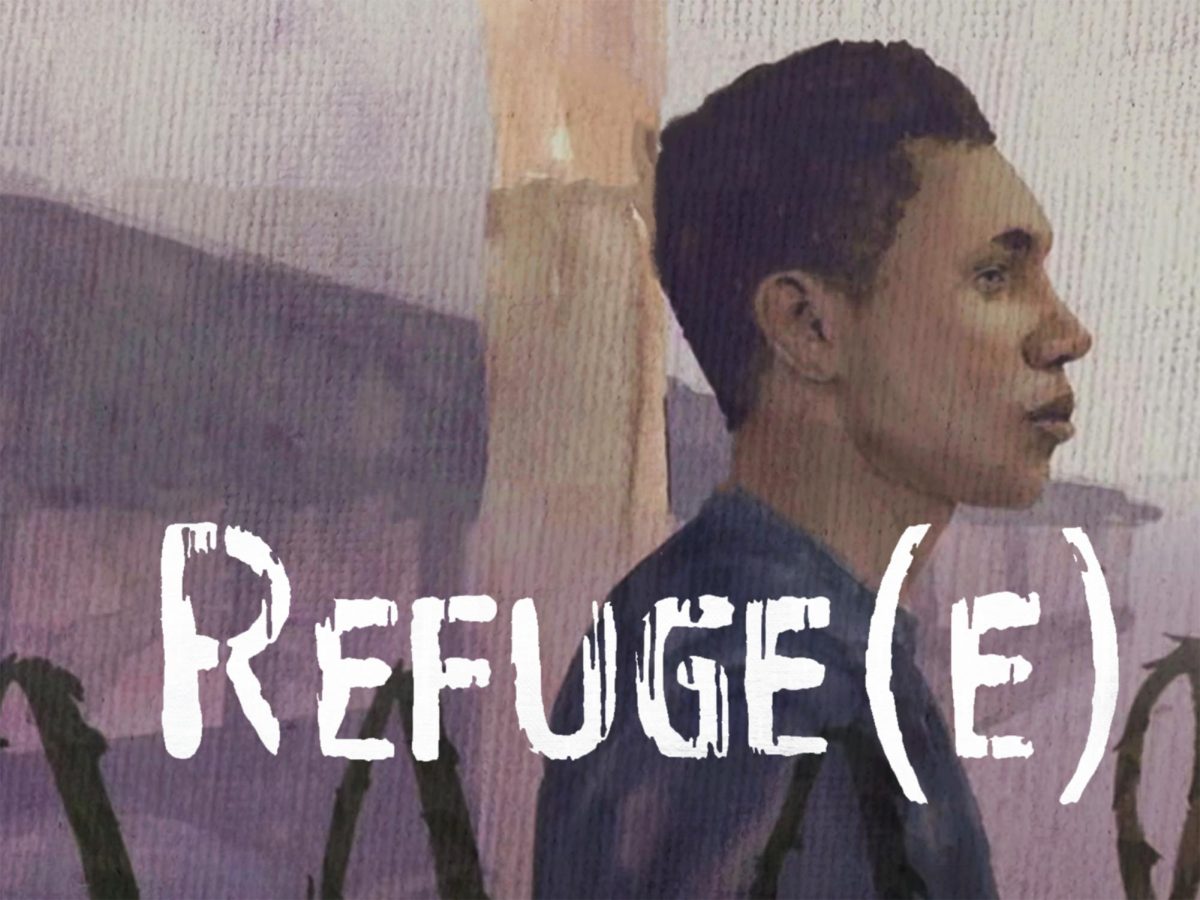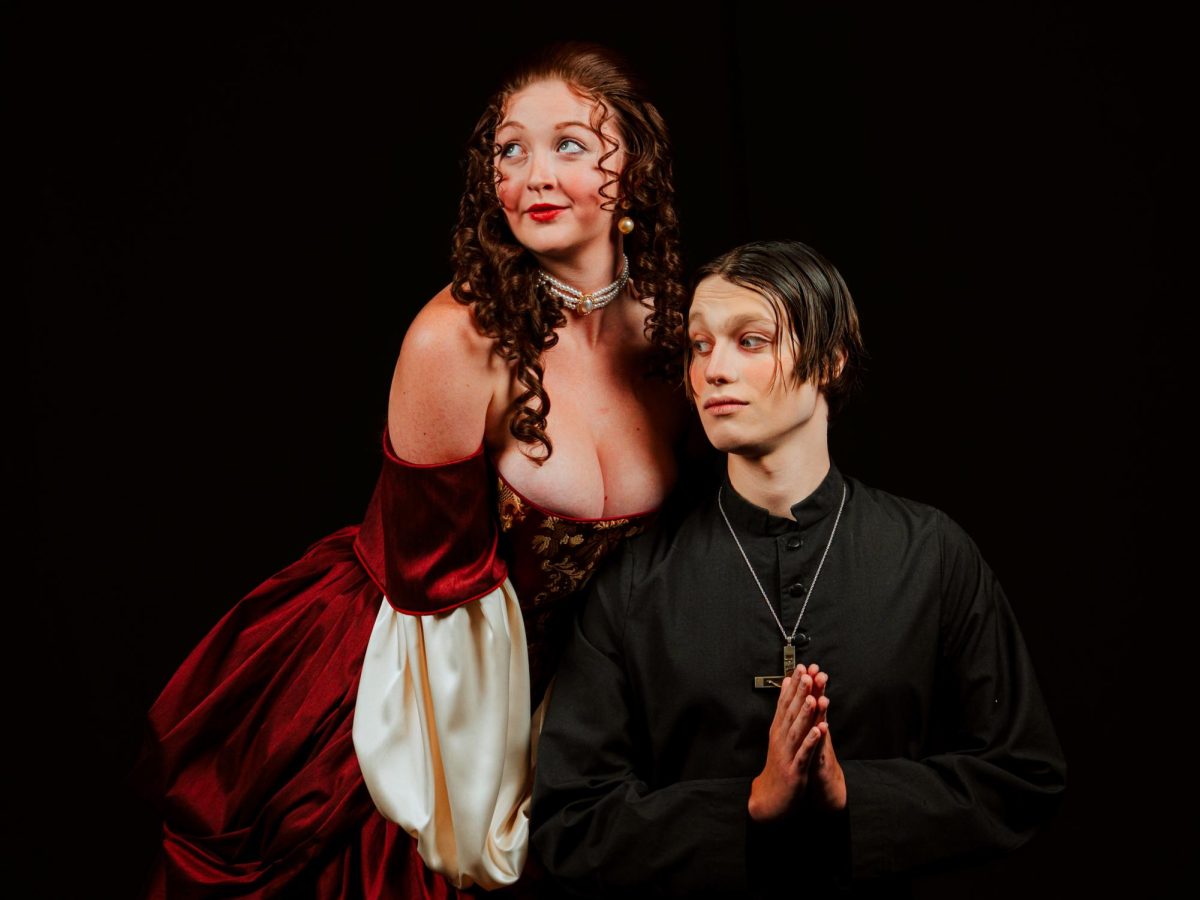Last school year, 2016-2017, one Colorado Mesa University student was not present on campus but in Vigo, Spain. For both semesters Simeon Kaan, who is a biology major with a chemistry and Spanish minor, was able to do the ISEP exchange program.
“Well, Spain is potentially the most fun country on earth,” Kaan said. “The culture is a lot more relaxed than in the US. Vigo is located on the Atlantic ocean about an hour from the Portuguese border in the Spanish province of ‘Galicia,’ which has its own official language called gallego and is sort of a mixture of Portuguese and Spanish.”
Kaan described the country that he lived in for a year.
“It is known for raining lots, which I hit on an off year, so it was sunny and beautiful almost always, and because of that it is very green and lush with rolling green hills,” Kaan said. “Virgo itself is one of the biggest ports in Europe, so it is a very industrial town and has some of the cheapest seafood.”
“Galicia is known for “pulpo,” which is grilled octopus, which is succulent and delicious.”
“Also, the gallegos (people living in Galicia) are very proud of their region, similar to the Basque country of Catalonia, Galicia itself is one of the poorer parts of Spain, and you can see lots of abandoned buildings in the city. Virgo is also extremely hilly, similar to the hills in San Francisco, so you get a workout every time you leave your front door. Galicia is less touristic than other areas, like Madrid or Barcelona, so it was a really good place to practice Spanish. Siesta is a real thing. Stores closed from 2-4 in the afternoon and everything is closed on Sunday, which became ‘weird-food-Sunday’ for me until I learned to plan accordingly,” Kaan said.
For school, he had to commute by bus since it was an hour away from town.
“Transportation was slightly aggravating, but it helped me appreciate public transport more than I did before,” Kaan said.
The first semester he lived in Vigo proper, he did so in an apartment, but switched halfway through the year.
“I lived with a Spaniard the first semester, and two Americans, an Italian and a Turk the second semester. The Spanish teaching style was interesting. It was pretty normal for neither the students of professors to show up until 15 minutes after school started. There were many different departments on campus and I mainly studied subjects made for foreign exchange students or language classes in the linguistics department,” Kaan said.
The classes met for two hours twice a week and he explained that there was normally no school on Fridays.
“There were a lot less assignments and the final exam counted for most of the grade, and if you did poorly, you had a chance to retake exams at the end of the second semester,” Kaan explained.
Studying abroad helped Kaan achieve a minor in Spanish without adding on time to receive his bachelors.
All of his grades translated back over to CMU. But part of studying abroad is not about academics at all.
“I traveled through Germany, Belgium, The Netherlands for a month, Poland and spent three weeks in Greece working with refugees,” Kaan said. “I was able to really start developing my own opinions on stuff, especially politically. It was interesting being over there during the presidential election.”
Kaan did have to take out a loan to study abroad.
“I reasoned with myself that after I pay back the money I will remember a year of studying in Spain more than graduating on time,” Kaan said. “So for me, paying back some money is worth a once in a lifetime experience.”
Kaan is set to graduate this May. He suggests that others do time studying abroad.
“Travel in whichever way possible,” Kaan said. “I think being around people from a different background and experiences will only benefit you and help you widen your horizons.”
Kaan was able to experience two different cultures. He explained that adjusting to different lifestyles was not that hard for they were both first world countries.
“I definitely thought it would be hard to adjust to Spanish life and then to re-adjust to American life, but I traveled from one western first-world country to another, and I didn’t find it too difficult really. There were little daily aspects that I had to become accustomed to, but it was gradual, and when I returned the only reverse culture shock I experienced was going to Costco and seeing giant portions of everything,” Kaan said.



